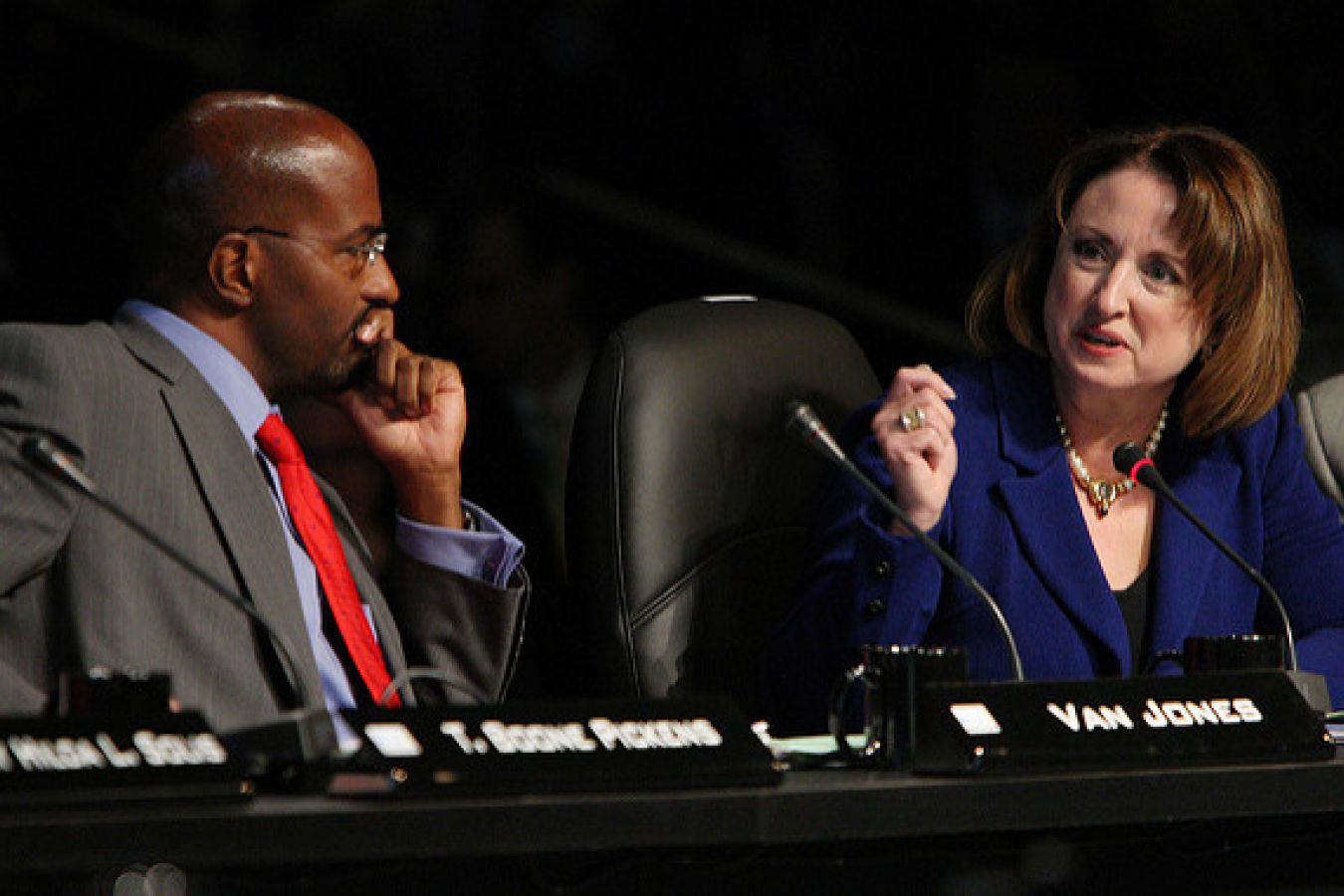Less than 24 hours after the leaders of the Senate's Democratic and Republican parties announced a marriage of convenience on immigration reform, Minority Leader Harry Reid went against his party member Bill Frist and blocked the bipartisan bill he had backed the day before.
The Senators headed for their two week break over Easter furious that the bill could not be decided upon before the break.
Disappointed members of both parties say it was Reid's election year ambitions that ultimately doomed the immigration bill from being passed, April 7. The Democrats have a legitimate chance to take control of the Senate in November, and critics say that "career politician" Reid's ambition is to lead the Senate.
A passing of the immigration bill proposed by Bill Frist would have been a political disadvantage for the Democrats, who would benefit from not having the bill passed.
For Frist, the Republican party and the 63 other Senators who had agreed on the bill, this agreement would have removed the felony penalties that were included in the bill passed by the House last December.
The bill had it been passed, would have placed the US's 12 million illegal immigrants on a path to citizenship had Reid not blocked the proposed bill.
In retrospect, however, it may have been too perfect. Senator Reid might have thought he was walking into a trap.
Some Republicans wanted to vote on amendments that Reid believed would have essentially picked apart the compromise plan. Under one point, for instance, the Department of Homeland Security would have had to certify that the border was secure before any illegal immigrants could be made legal.
In the end, Reid chose the only other way to avoid the potential trap, which was to walk away from the deal.Yet that deal is not completely dead.
Senator Specter vowed Friday that he would take the compromise up in committee first thing on his return to Washington and would send it to the Senate floor a week later.




